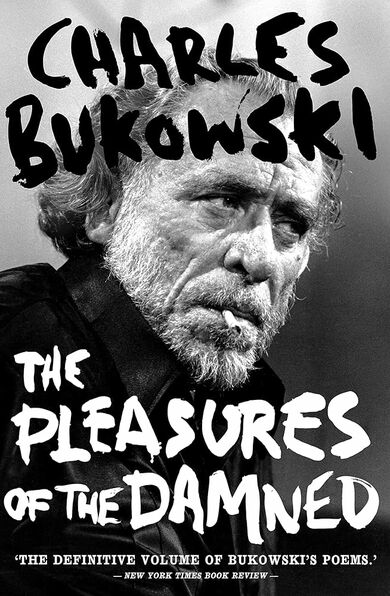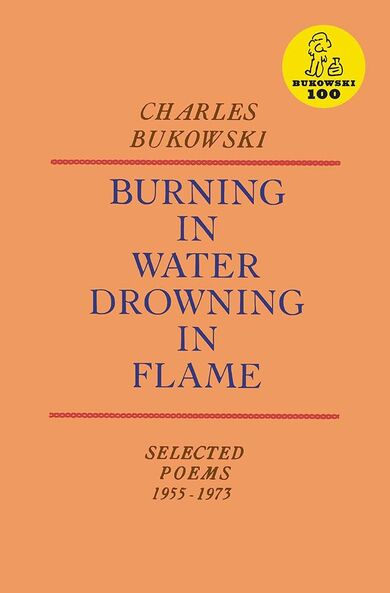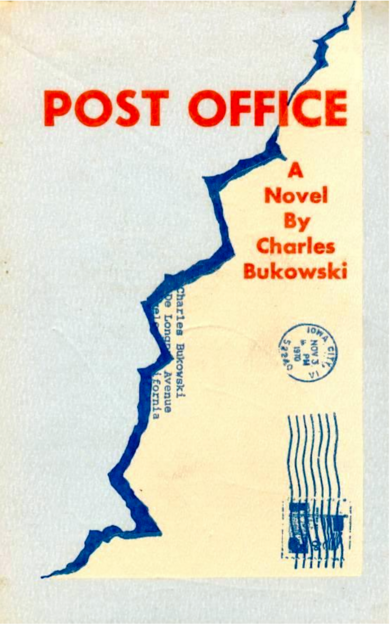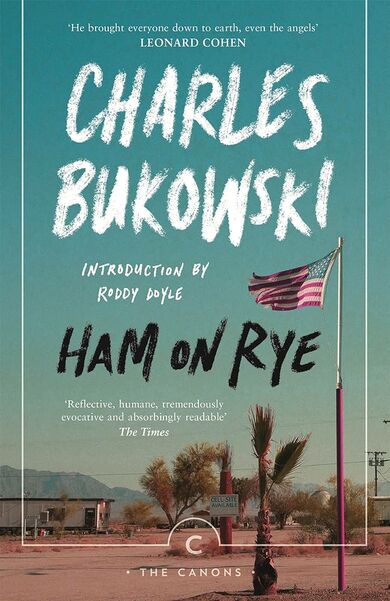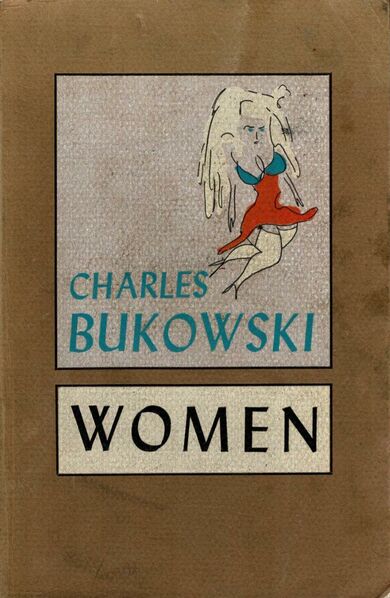was much easier to be a genius in the twenties, there were
only 3 or 4 literary magazines and if you got into them
or 5 times you could end up in Gertie’s parlor
you could possibly meet Picasso for a glass of wine, or
maybe only Miró.
and yes, if you sent your stuff postmarked from Paris
chances of publication became much better.
most writers bottomed their manuscripts with the
word “Paris” and the date.
and with a patron there was time to
write, eat, drink and take drives to Italy and sometimes
Greece.
was good to be photo’d with others of your kind
was good to look tidy, enigmatic and thin.
photos taken on the beach were great.
and yes, you could write letters to the 15 or 20
others
bitching about this and that.
you might get a letter from Ezra or from Hem; Ezra liked
to give directions and Hem liked to practice his writing
in his letters when he couldn’t do the other.
was a romantic grand game then, full of the fury of
discovery.
now
now there are so many of us, hundreds of literary magazines,
hundreds of presses, thousands of titles.
who is to survive out of all this mulch?
it’s almost improper to ask.
go back, I read the books about the lives of the boys
and girls of the twenties.
they were the Lost Generation, what would you call us?
sitting here among the warheads with our electric-touch
typewriters?
the Last Generation?
I’d rather be Lost than Last but as I read these books about
them
feel a gentleness and a generosity
as I read of the suicide of Harry Crosby in his hotel room
with his whore
that seems as real to me as the faucet dripping now
in my bathroom sink.
like to read about them: Joyce blind and prowling the
bookstores like a tarantula, they said.
Dos Passos with his clipped newscasts using a pink typewriter
ribbon.
D.H. horny and pissed off, H.D. being smart enough to use
her initials which seemed much more literary than Hilda
Doolittle.
G. B. Shaw, long established, as noble and
dumb as royalty, flesh and brain turning to marble. a
bore.
Huxley promenading his brain with great glee, arguing
with Lawrence that it wasn’t in the belly and the balls,
that the glory was in the skull.
and tha t hick Sinclair Lewis coming to light.
meanwhile
the revolution being over, the Russians were liberated and
dying.
Gorky with nothing to fight for, sitting in a room trying
to find phrases praising the government.
many others broken in victory.
now
now there are so many of us
but we should be grateful, for in a hundred years
the world is not destroyed, think, how much
there will be left of all of this:
nobody really able to fail or to succeed—just
relative merit, diminished further by
our numerical superiority.
we will all be cata logued and filed.
all right...
you still have doubts of those other golden
times
there were other curious creatures: Richard
Aldington, Teddy Dreiser, F. Scott, Hart Crane, Wyndham Lewis, the
Black Sun Press.
but to me, the twenties centered mostly on Hemingway
coming out of the war and beginning to type.
was all so simple, all so deliciously clear
now
there are so many of us.
Ernie, you had no idea how good it had been
four de cades later when you blew your brains into
the orange juice
although
grant you
that was not your best work.


